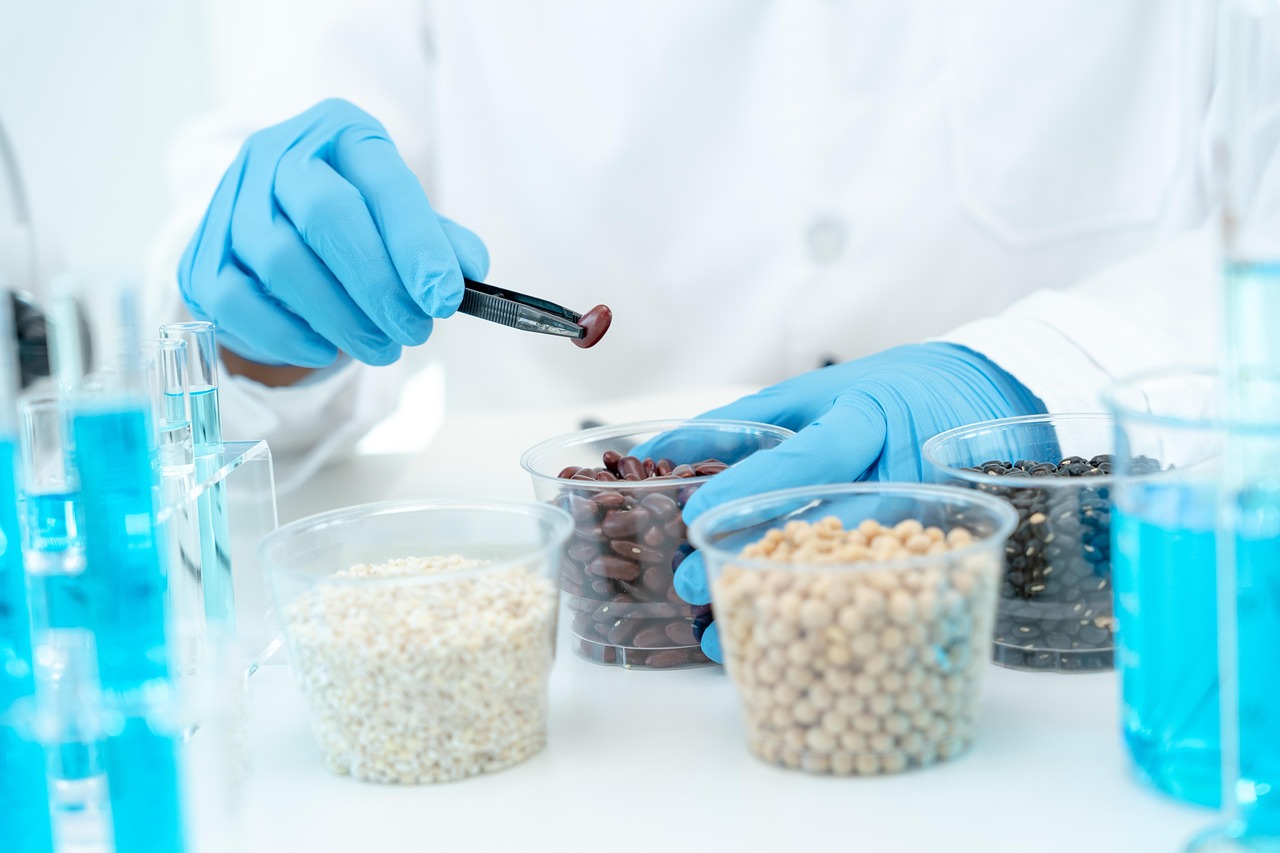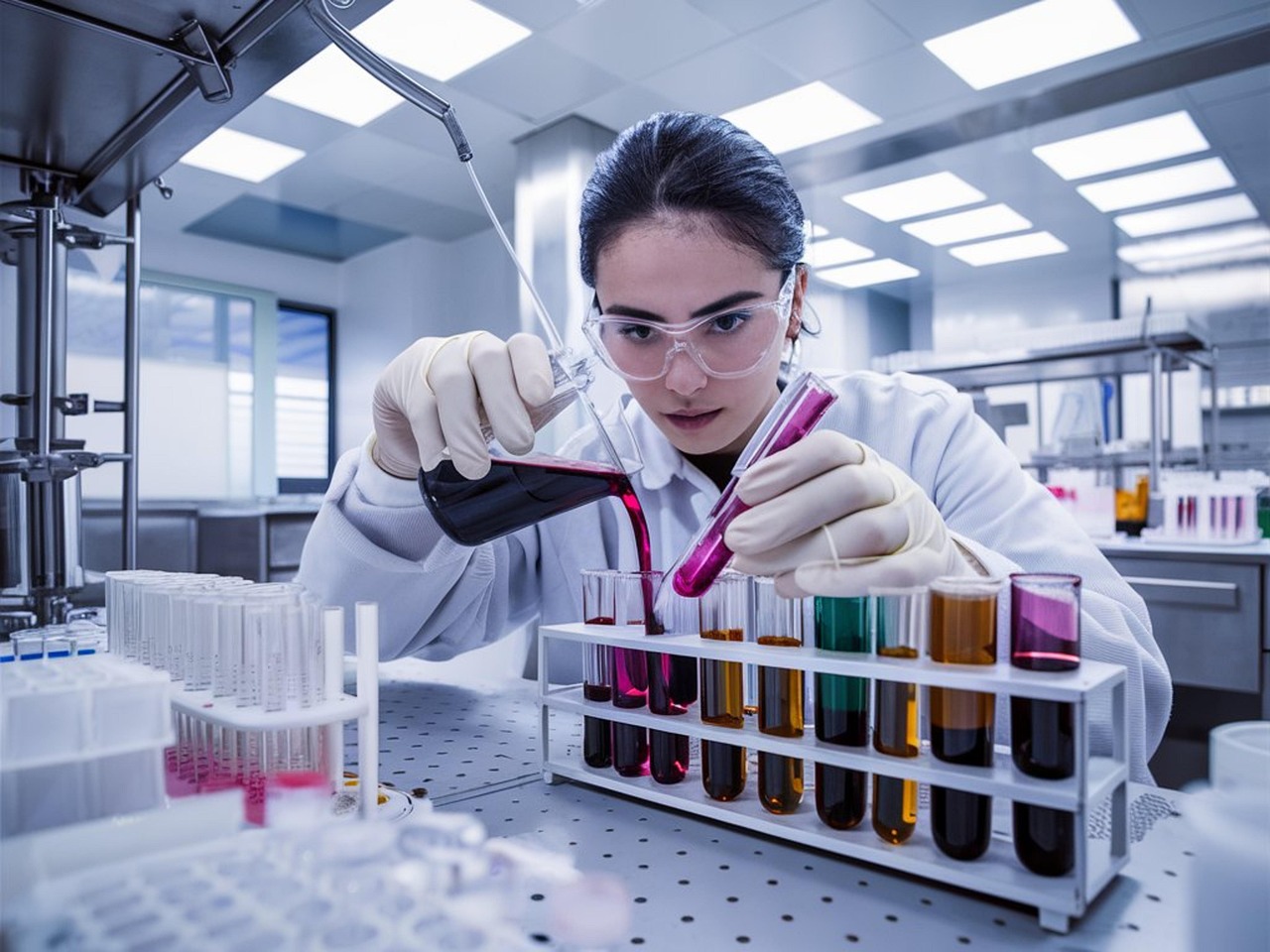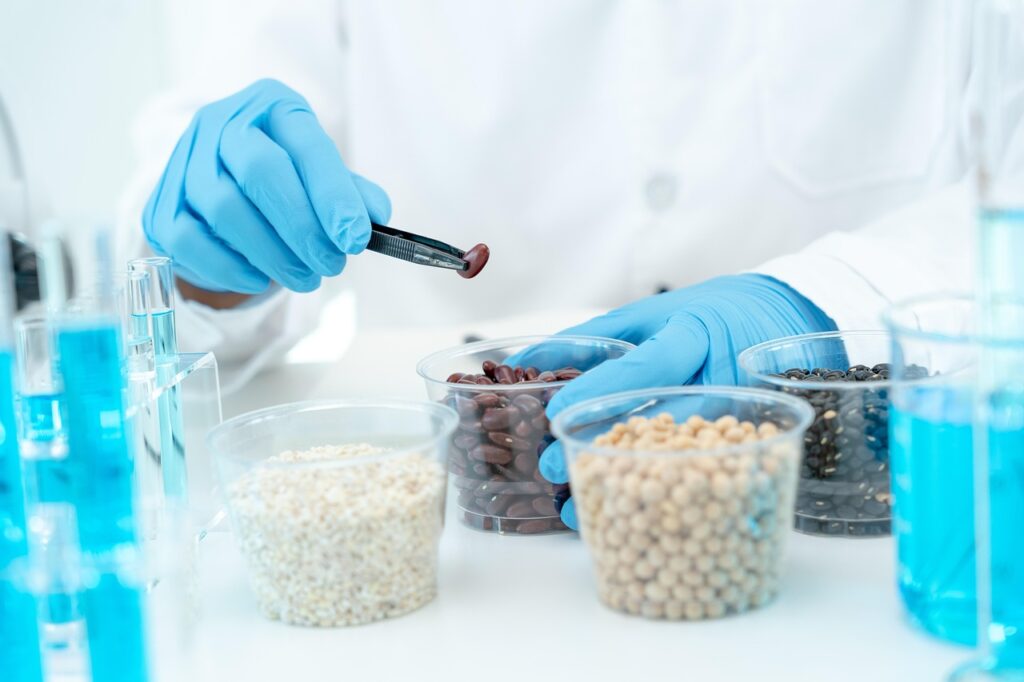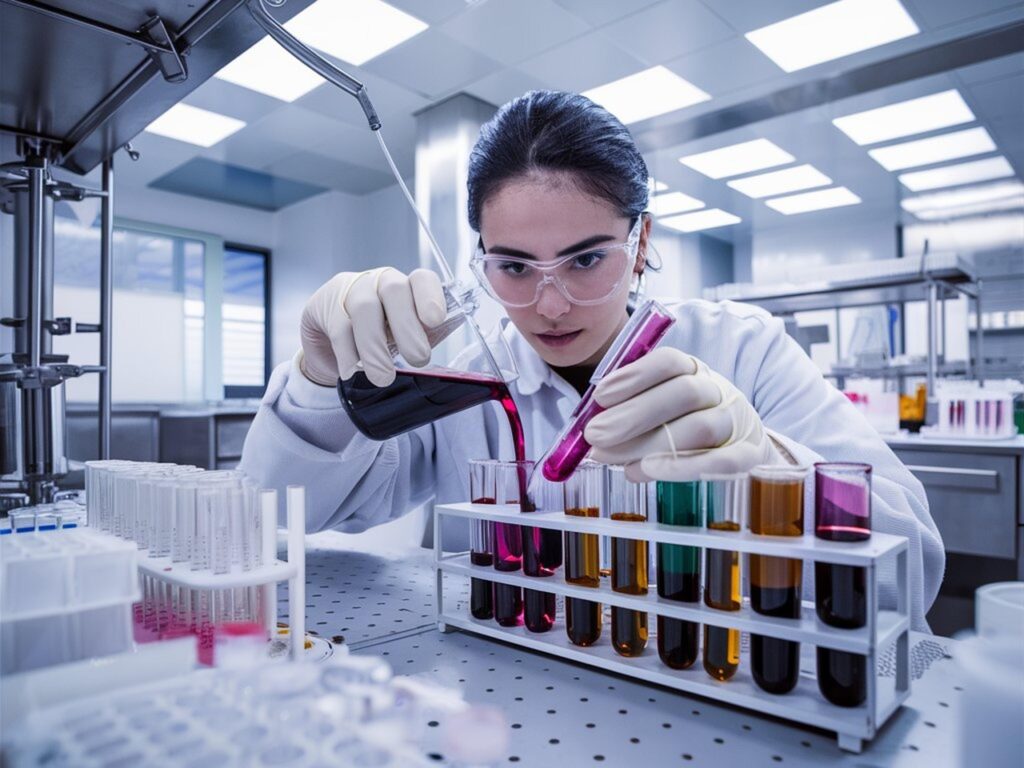A vital component of preserving the health and welfare of the general people is food safety. Beyond just making sure the food on your plate looks and tastes good, it’s also about protecting your health by removing the possibility of contamination and maintaining standards of quality. It is impossible to overestimate the significance of food safety because it has a direct impact on not only people’s health but also the economy and society at large. Let’s examine in more detail why food safety importance and how it affects day-to-day living.
What is Food Safety?
Food safety is the process of handling, preparing, and storing food in a way that reduces the possibility of contracting a foodborne illness. Strict adherence to hygienic procedures, appropriate cooking methods, and quality control procedures are necessary to guarantee that the food is wholesome and safe to eat. The goal of food safety principles is to prevent risks including bacterial, viral, parasitic, or chemical contamination.
The Importance of Food Safety in Daily Life
Food safety is essential for several reasons, many of which impact daily life significantly:
1. Prevention of Foodborne Illnesses
One of the most critical aspects of food safety importance is the prevention of foodborne illnesses. Contaminated food can lead to serious health problems, including diarrhea, vomiting, and, in extreme cases, life-threatening conditions. Proper food handling and preparation minimize the risk of pathogens such as Salmonella, E. coli, and Listeria.
2. Protection of Vulnerable Groups
Children, pregnant women, the elderly, and individuals with weakened immune systems are particularly vulnerable to foodborne diseases. Food safety ensures that these groups are protected from health risks by promoting safe consumption practices and adhering to strict quality standards.
3. Enhanced Nutritional Value
Improper storage and preparation of food can degrade its nutritional value. Ensuring food safety helps maintain the essential vitamins, minerals, and other nutrients in food, making it more beneficial for your health.
4. Reduction of Economic Burden
Foodborne illnesses lead to medical expenses, lost productivity, and even long-term disability in severe cases. Maintaining food safety standards reduces the economic burden on individuals and healthcare systems.
5. Sustainability and Waste Reduction
Food safety importance also contribute to reducing food waste. By properly storing and handling food, its shelf life can be extended, preventing unnecessary disposal. This has a direct impact on reducing environmental waste and promoting sustainability.

Common Food Safety Practices for Daily Life
1. Proper Food Storage
Storing food at the right temperature is crucial to prevent the growth of harmful bacteria. Refrigerate perishable items and keep dry foods in airtight containers.
2. Regular Handwashing
Washing hands thoroughly before handling food is one of the simplest yet most effective food safety measures. It helps prevent the transfer of bacteria from hands to food.
3. Cooking Food Thoroughly
Undercooked food, especially meat, poultry, and seafood, is a major source of foodborne illnesses. Use a food thermometer to ensure that food is cooked to the correct internal temperature.
4. Avoid Cross-Contamination
Use separate cutting boards and utensils for raw and cooked foods to prevent the transfer of harmful bacteria.
5. Checking Food Labels
Always check expiry dates and storage instructions on food labels. Discard expired items to avoid consuming spoiled or unsafe food.
The Role of Food Testing Labs in Food Safety
Food testing facilities are essential to guaranteeing the quality and safety of food items. In India, a food testing lab is in charge of examining a variety of food-related factors, including its nutritional value, chemical makeup, and degree of contamination. These labs are outfitted with cutting-edge technology to identify dangerous materials such as viruses, pesticides, and heavy metals.
In India, manufacturers and suppliers are required to adhere to stringent food safety regulations set forth by regulatory agencies such as the Food Safety and Standards Authority of India (FSSAI). Food testing laboratories support adherence to these guidelines, guaranteeing the safety of the food that reaches consumers.
Why Food Safety is a Shared Responsibility
Food safety is not the sole responsibility of food manufacturers or regulatory bodies. It is a shared responsibility that involves individuals, businesses, and governments. Here’s how everyone plays a role:
1. Consumers
Consumers need to be vigilant about the food they buy and consume. Checking labels, storing food properly, and following hygiene practices are essential steps.
2. Food Industry
Food producers and manufacturers must adhere to stringent safety standards, conduct regular testing, and invest in quality assurance measures.
3. Governments and Regulatory Bodies
Governments must enforce food safety regulations, conduct inspections, and support food testing labs to ensure compliance.
Food Safety in the Indian Context
In India, where food diversity is immense, food safety is important and takes on a unique dimension. The presence of street food vendors, traditional cooking practices, and small-scale food producers makes it essential to educate the population on food safety measures.
The FSSAI has launched a number of campaigns, such as Eat Right India, to increase public awareness of food safety. The significance of sustainable, healthful, and safe food habits is emphasized by this project. In India, food testing labs play an even more important role in the monitoring and analysis of food products from a variety of industries, including fresh produce and packaged commodities.
Technological Advancements in Food Safety
The advancement of technology has significantly improved food safety standards. Some of the latest innovations include:
1. Blockchain Technology
Blockchain ensures transparency in the food supply chain, helping trace the origin and handling of food products.
2. Smart Packaging
Smart packaging can detect spoilage and provide real-time updates on food quality.
3. Rapid Testing Kits
These kits allow for quick detection of contaminants in food, making it easier to maintain safety standards.
4.AI and Machine Learning
AI is used to analyze data and predict potential food safety risks, enabling proactive measures.
Conclusion
The food we consume has a direct impact on our health, and ensuring its safety is a responsibility we all share. From proper storage and cooking techniques at home to the role of a food testing lab in India in maintaining regulatory compliance, every step is vital in safeguarding public health.
Food safety is important not just as a theoretical concept but also as a practical necessity that affects every individual and community. By understanding and implementing food safety practices in daily life, we can create a healthier and safer environment for everyone.
Let us prioritize food safety today to ensure a better, healthier tomorrow.











